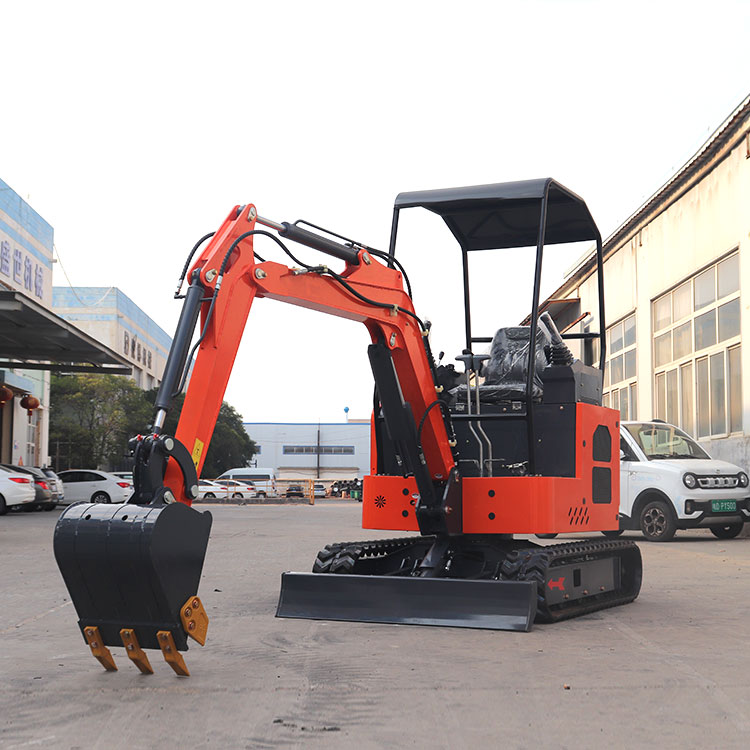Safety measures to keep in mind when operating mini excavator
When operating a mini excavator, there are several important safety precautions and guidelines to keep in mind:
Training: Ensure that operators are properly trained and certified to handle the mini excavator. Proper training will help prevent accidents and ensure the machine is used efficiently.
Inspections: Before each use, conduct a thorough inspection of the mini excavator to check for any damage or malfunctions. Pay close attention to the hydraulic systems, controls, and tracks.
Operating Environment: Be aware of the operating environment and identify any potential hazards such as overhead power lines, underground utilities, or unstable ground conditions.
Personal Protective Equipment (PPE): Operators and any nearby personnel should wear appropriate PPE, such as helmets, gloves, safety glasses, and high visibility clothing, to ensure their safety on the worksite.
Stability: Mini excavators have a lower center of gravity compared to larger machines, but it's important to operate them on stable ground and avoid steep slopes or uneven terrain that could lead to tipping.
Avoid Overloading: Do not exceed the weight capacity or lift capacity of the mini excavator. Overloading the machine can lead to equipment failure and accidents.
Communication: Maintain clear communication with other workers on the site, especially when working in confined spaces or areas with limited visibility.
Shutdown Procedures: Follow proper shutdown procedures when finished operating the mini excavator, including lowering the stabilizers, setting the controls to neutral, and engaging the parking brake.
By adhering to these safety guidelines and best practices, operators can maximize the efficiency and safety of using a mini excavator for various construction and landscaping tasks.




